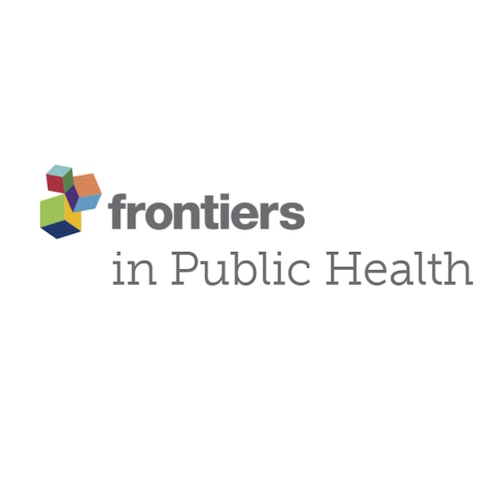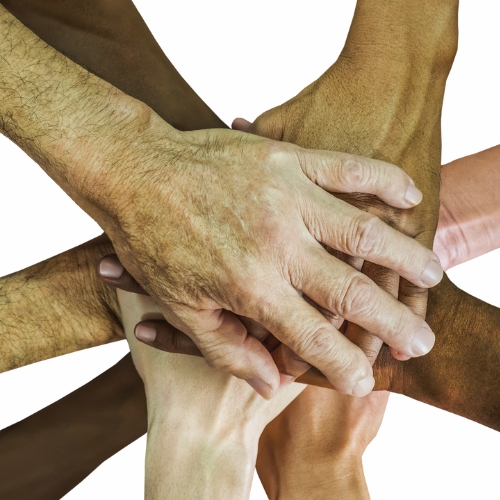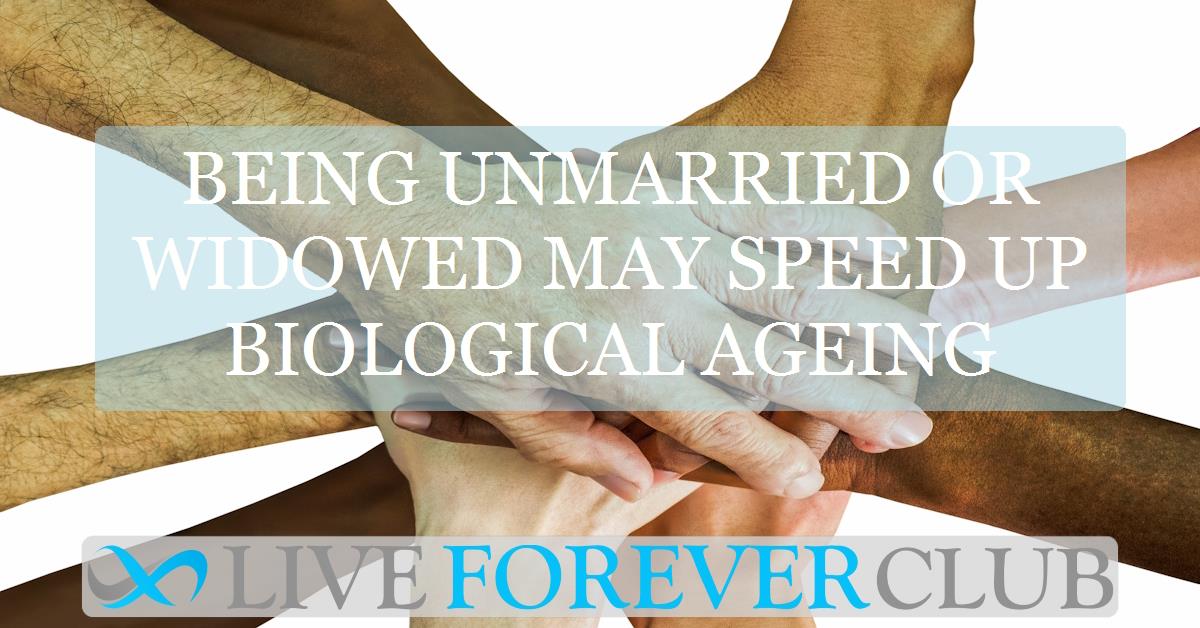For years, scientists have warned that being alone can harm your health. Now, new research links marital status directly to biological ageing. Unlike the number of candles on your cake, biological age reveals how your cells are doing. And the news isn’t great for older adults without partners, especially men.
In a study of over 2,400 adults aged 50 and older, researchers used cutting-edge epigenetic clocks called GrimAge and GrimAge2. These tools estimate your biological age using DNA methylation, which refers to chemical markers that control gene activity. What they found is both fascinating and sobering.
GrimAge and GrimAge2: What They Reveal About Ageing
Biological age matters more than calendar age. It reflects the wear and tear on your body, shaped by habits, stress, and social factors.
GrimAge and GrimAge2 are next-gen epigenetic clocks that use DNA methylation patterns to predict lifespan. They outperform older ageing measures like PhenoAge by also factoring in smoking history and protein levels.
In this study, researchers didn’t just look at raw GrimAge numbers. They used GrimAge acceleration (GrimAgeAcc and GrimAge2Acc), which is the difference between biological and actual age. A higher score means faster ageing.
The Marital Status Gap: Key Findings
Never-married men had the highest biological age acceleration. Their bodies, on average, were nearly a year older than their married peers even after adjusting for income, alcohol use, smoking, and other health factors.
Widowed women also showed accelerated ageing, although less than men. Being divorced or separated had mixed effects depending on gender. Married adults consistently had the lowest biological ageing scores.
These patterns suggest something deeper than lifestyle alone. Marital status may shape biology.
Why Marriage Might Slow Down Ageing, Especially in Men
Marriage can buffer stress, encourage healthier routines, and provide emotional support. Men often benefit more from these protections.
Studies show married men smoke less, drink less, and are more likely to keep medical appointments. Partners often act as health gatekeepers. Without that support, men may drift into isolation or unhealthy habits, both linked to faster ageing.
Never-married men lacked these social structures. Role theory suggests that marriage gives men purpose and stability. Without it, they may struggle with health regulation and community belonging.
Widowhood Hurts Women in a Different Way
For women, the study found something else. Being widowed correlated with higher biological age.
That makes sense. In many cultures, women are primary emotional caregivers. Losing a spouse can mean losing a core social role. Widowhood may bring stress, loneliness, and loss of meaning, each linked to oxidative damage, inflammation, and faster biological decline.
Interestingly, divorced or separated women didn’t show the same ageing spike. Perhaps because divorce is a transition, not a bereavement. Or maybe women, more than men, maintain health habits regardless of relationship status.
Biology Meets Society: A Bigger Picture
This research links our social world with our molecular one. Epigenetic ageing is affected by stress, habits, and support networks, all shaped by relationships.
For older adults, especially men, living alone may silently speed up cellular damage. And for widowed women, the emotional burden of loss might leave a biological scar.
These findings echo prior studies that connect loneliness to shorter telomeres and chronic inflammation. But now we see it more clearly: your relationship status might literally alter your DNA expression.
Limitations: Correlation Isn’t Causation
This was a cross-sectional study. It used one-time data snapshots, not long-term tracking. That means it shows association, not cause.
Also, it didn’t capture mental health or specific illnesses. And while the study adjusted for many lifestyle variables, some unmeasured stressors like caregiving burden or trauma might still affect results.
Still, the patterns were strong. And the use of GrimAge clocks gives this study serious weight.
What Now? Public Health Needs a Social Lens
Marital status may seem personal, but it has public health implications.
Policymakers and healthcare workers must recognise the hidden risks faced by never-married men and widowed women. Programmes that foster social connection, peer support, or even purpose-driven community roles may help.
Biological ageing isn’t set in stone. It responds to the world around us. By creating more inclusive, emotionally supportive environments for single or grieving older adults, we can turn back that biological clock.
Conclusion: Relationships Leave a Cellular Mark
Your DNA doesn’t just carry genetic information. It also records your life experience. Marriage may offer protection against ageing by supporting health, reducing stress, and anchoring social identity. The absence of that bond, whether by choice or loss, may quicken the pace of ageing, especially in older men. This study shows that love, connection, and community aren’t just poetic ideals. They may be molecular medicine.
The study is published in the journal Frontiers in Public Health. It was led by researchers from Shanghai Jiao Tong University.







